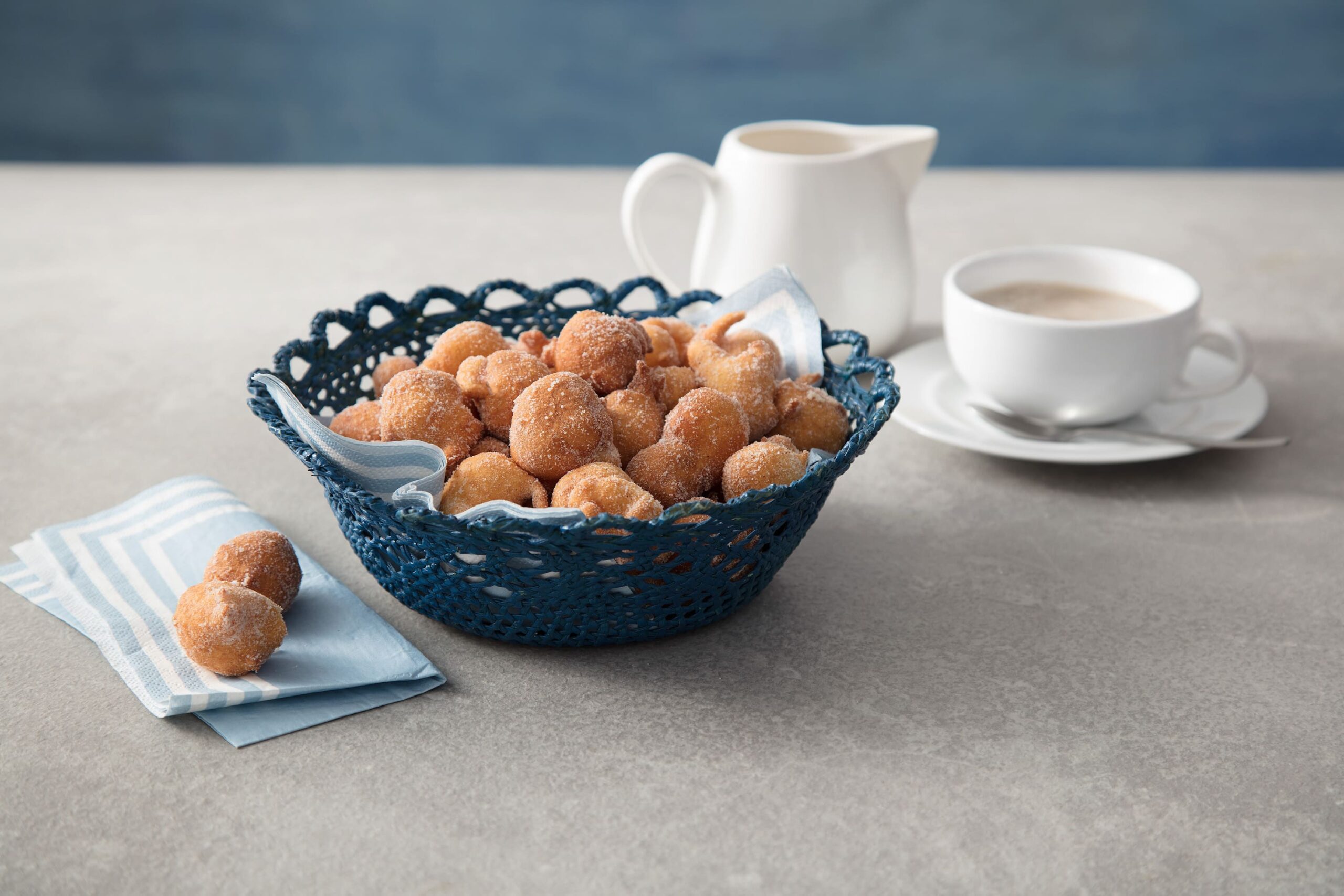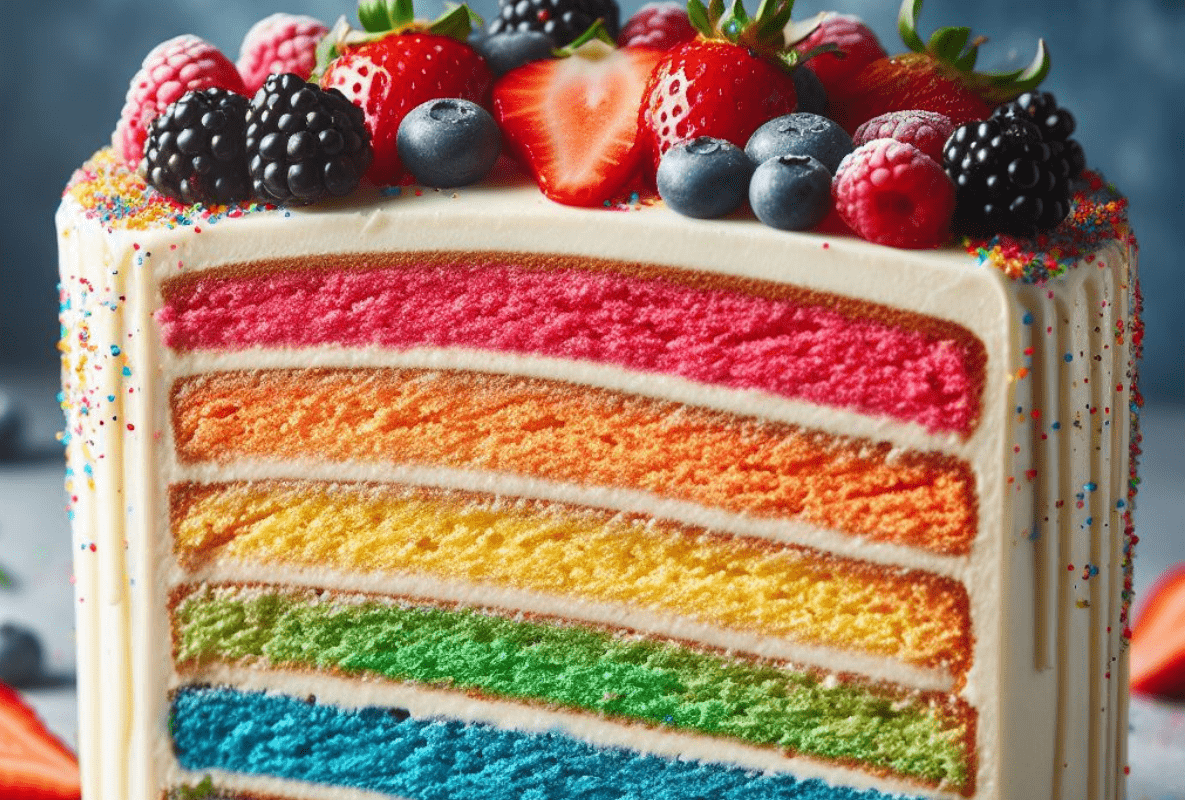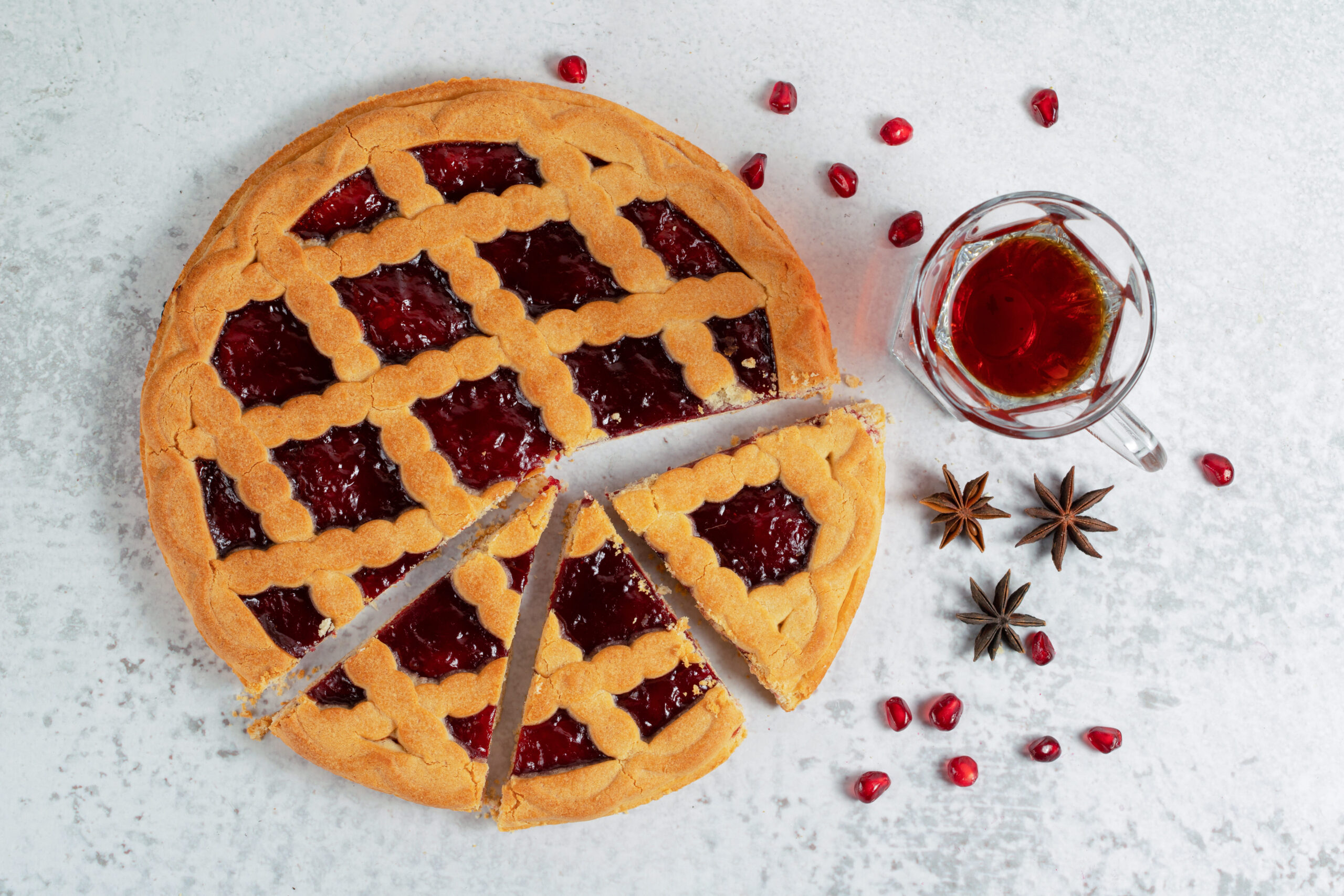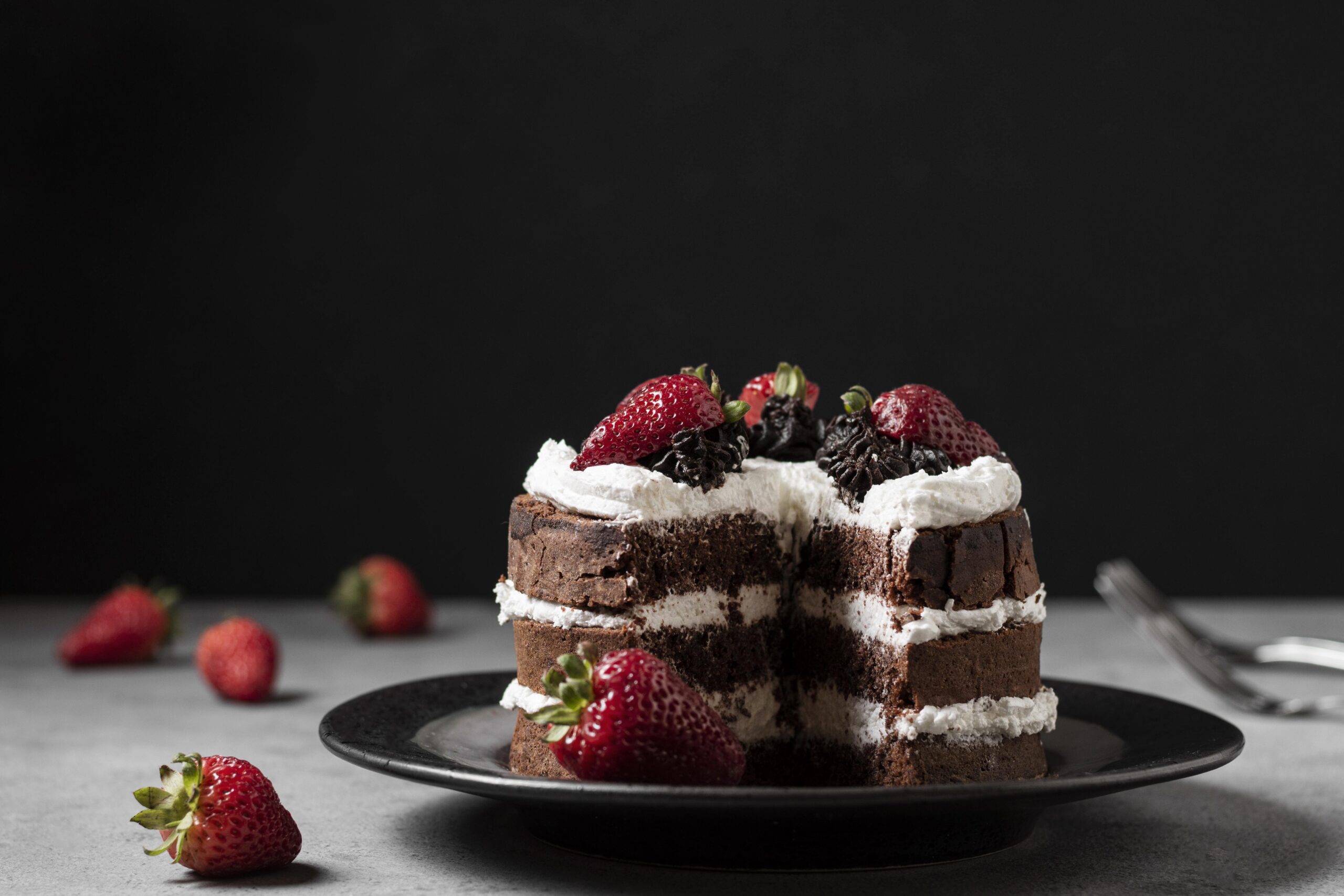Rain cakes , also known as ‘mizu shingen mochi’ in Japanese, are a fascinating dessert with a unique appearance and texture. Originating from Japan, these translucent and jelly-like cakes have gained popularity worldwide for their refreshing taste and delightful presentation.
Ingredients for Rain Cakes
To create these ethereal treats, you’ll need the following ingredients:
- Rice Flour: Provides the base for the cake’s structure.
- Sugar: Adds sweetness to the cakes.
- Water: Forms the main liquid component of the batter.
- Salt: Enhances the flavor of the cakes.
- Flavoring (Optional): Additional ingredients such as fruit extracts or food coloring can be added for flavor and visual appeal.
Preparation Steps
Mixing the Ingredients
- In a mixing bowl, combine the rice flour, sugar, and salt.
- Gradually add water while stirring continuously until a smooth batter forms.
- If desired, incorporate flavoring agents at this stage for added taste and color.
Cooking the Batter
- Pour the batter into heat-resistant molds or containers.
- Steam the cakes for approximately 30-40 minutes until they become firm and translucent.
Shaping the Cakes
- Once cooked, carefully remove the cakes from the molds.
- Allow them to cool slightly before gently shaping them into desired shapes using a spoon or mold.
Variations and Flavoring
Rain cakes come in various flavors, ranging from traditional to modern twists. While the classic version is typically served with kinako (roasted soybean flour) and kuromitsu (brown sugar syrup), modern variations may include fruit juices, matcha powder, or even edible flowers for a whimsical touch.
Serving Suggestions
These delicate cakes are best enjoyed chilled and served with a dusting of kinako or a drizzle of kuromitsu. For an extra indulgence, pair them with fresh fruit slices or a scoop of creamy ice cream.
Storage and Shelf Life
To maintain their freshness, store rain cakes in an airtight container in the refrigerator. They can typically last for up to three days, although it’s best to consume them sooner rather than later for the best taste and texture.
Cultural Significance
Rain cakes hold a special place in Japanese culture, often served during traditional ceremonies and celebrations such as Hinamatsuri (Doll Festival) and Tanabata (Star Festival). Their transparent appearance symbolizes purity and clarity, making them a popular choice for auspicious occasions.
Benefits and Nutritional Value
These delectable treats are not only visually appealing but also offer health benefits. Made primarily from rice flour, rain cakes are naturally gluten-free and low in calories, making them a guilt-free dessert option for those with dietary restrictions or watching their calorie intake.
Tips and Tricks
- Troubleshooting: If the cakes are too soft or sticky, adjust the ratio of rice flour to water until you achieve the desired consistency.
- Expert Advice: Experiment with different flavor combinations and presentations to add your own creative flair to this timeless dessert.
Conclusion
In conclusion, rain cakes are a delightful fusion of tradition and innovation, offering a unique sensory experience for dessert enthusiasts worldwide. With their simple yet elegant preparation and versatile flavor options, these captivating treats are sure to become a favorite among both novice and seasoned cooks alike.
FAQs
What are rain cakes made of?
Rain cakes are primarily made of rice flour, sugar, water, and salt, with optional flavorings added for taste.
Can I use other types of flour instead of rice flour?
While rice flour is traditionally used, you can experiment with other gluten-free flour alternatives such as tapioca flour or potato starch.
How long do rain cakes last?
Rain cakes can typically last for up to three days when stored properly in the refrigerator.
Can I freeze rain cakes?
While it’s possible to freeze rain cakes, their texture may become slightly altered upon thawing, so it’s best to consume them fresh whenever possible.
Are rain cakes suitable for vegans?
Yes, rain cakes are naturally vegan-friendly as they contain no animal products or by-products in their ingredients.



